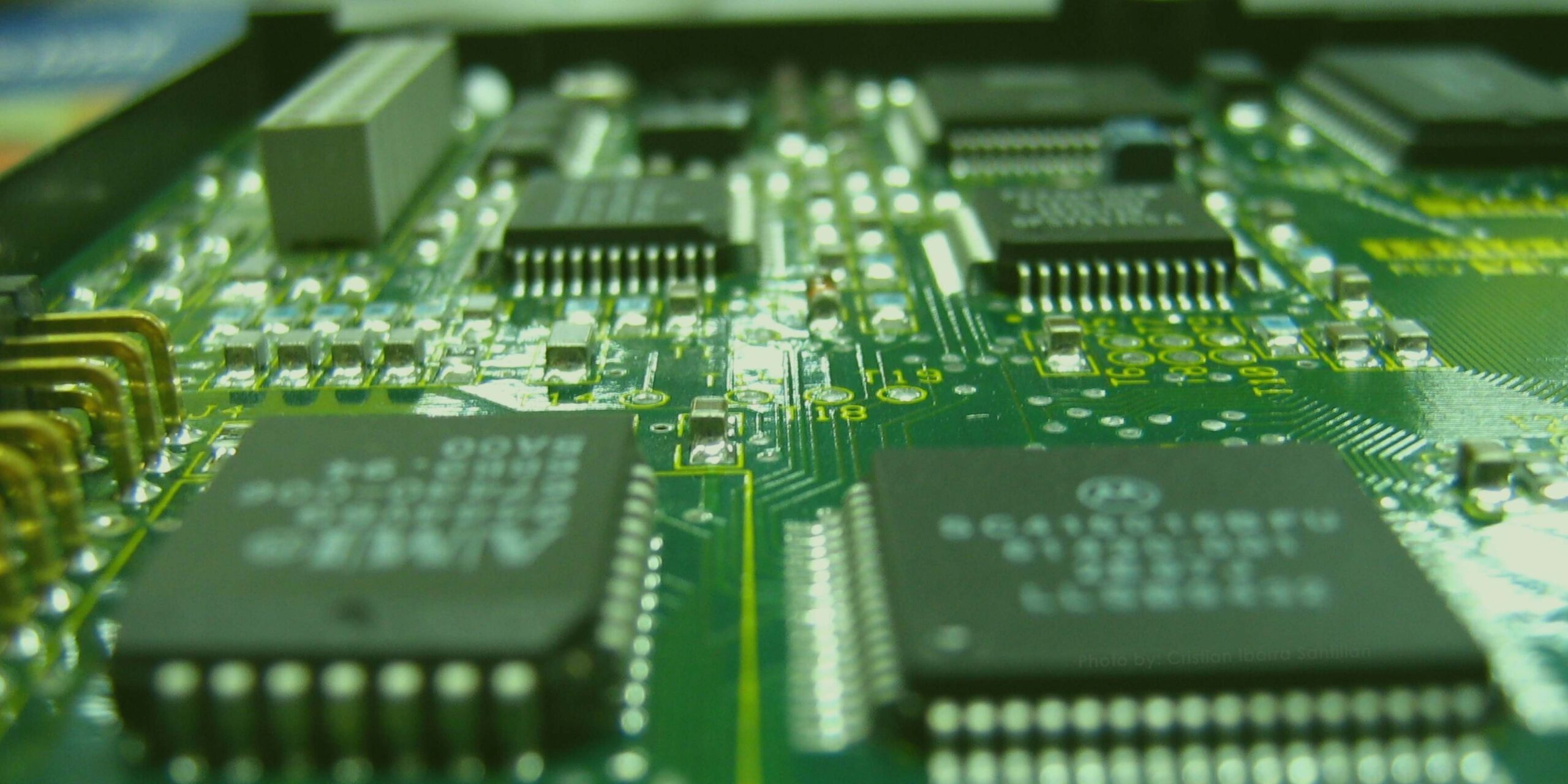Recycle Old Electronics & Batteries with BARC
The holiday season is a time for festive celebrations, cherished family moments, and giving thoughtful gifts to loved ones. However, it’s also a season of heightened consumption, with electronics topping many wish lists. According to Capital One’s consumer research, 22% of holiday gift recipients hope to receive new electronic devices. In 2024 alone, shoppers are expected to spend a staggering $55.1 billion on electronics—an 8.46% increase from 2023. Unfortunately, this surge comes with an environmental cost, as outdated electronics most often end up in landfills, contributing to the growing issue of e-waste.
At Bay Area Recycling for Community, one of our main services is Electronics Recycling. In partnership with E-Recycle TC, we provide Northern Michiganders with easy and responsible ways to recycle electronics they no longer need, ensuring these items are kept out of landfills and handled sustainably.
In this blog, we’ll explore the environmental impact of e-waste and improper battery disposal to help you understand why responsible recycling matters. Then, we’ll share practical tips for recycling your old devices and batteries with BARC—helping make your holiday upgrades more sustainable for a healthier planet!
The Environmental Impact of Electronic Waste
Electronic waste (e-waste) refers to discarded, old, or end-of-life electrical and electronic equipment. It has become one of the fastest-growing waste streams globally, with improper disposal leading to severe environmental and health consequences. This is primarily due to the toxic materials found in many electronic devices, including:
- Lead and Mercury: Found in screens and batteries, these substances can leach into soil and water, causing neurological and developmental damage to humans and wildlife. Mercury exposure, for instance, has been linked to cognitive impairments in children.
- Cadmium: Often used in batteries, this carcinogenic metal contaminates groundwater, impacting drinking water supplies and ecosystems.
- Flame Retardants: These persistent chemicals, found in circuit boards and plastic casings, accumulate in the food chain and are linked to hormonal disruptions and cancer.
- Lithium-Ion Batteries: Common in smartphones and laptops, these batteries pose fire risks and release harmful gases if they explode or catch fire in landfills.
Proper disposal of e-waste is essential to prevent these harmful substances from entering the environment and endangering public health.
The Scale of the Problem: Putting It in Perspective
The sheer volume of e-waste and battery waste highlights the urgent need for action:
- E-Waste Statistics: Globally, over 53.6 million metric tons of e-waste were generated in 2019, and this number is expected to rise to 74 million metric tons by 2030. Shockingly, only 17.4% of e-waste is formally recycled, leaving vast amounts to harm the environment.
- Battery Waste Statistics: In the U.S. alone, approximately 3 billion batteries are discarded annually, with only 15% being recycled. The rest often end up in landfills, exacerbating pollution and safety hazards.
Benefits of Electronics Recycling
Keeping Toxins Out of Landfills
E-waste contains hazardous substances like mercury, lead, and cadmium, which can leach into soil and water, harming ecosystems and public health. Recycling prevents these dangerous materials from polluting the environment. Learn more about the dangers of toxic e-waste from the EPA’s e-waste guide.
Recovering Valuable Materials
Old electronics hold valuable materials like gold, copper, aluminum, and glass. Recycling allows these resources to be extracted and reintroduced into the supply chain, reducing the need for new mining and conserving finite resources. Discover how this process works through the Global E-waste Monitor Report by the United Nations University.
Cutting Greenhouse Gas Emissions
Mining raw materials and manufacturing new electronics are energy-intensive processes that contribute significantly to greenhouse gas emissions. Recycling reduces this demand, lowering the environmental impact.
Closing the Loop on Sustainability
Recycling supports a circular economy by keeping materials in use rather than discarding them. This sustainable approach reduces waste and fosters resource efficiency.
How to Recycle Your Old Electronics & Batteries with BARC
Now that we’ve outlined the critical environmental challenges posed by e-waste, let’s focus on how you can be part of the solution. At Bay Area Recycling for Community (BARC), we’ve made it simple and accessible for Northern Michiganders to responsibly recycle their electronics and batteries. Here’s how:
Schedule Your E-Waste Pick Up
For a $90 pickup charge we will pick up any and all eWaste items for individuals within the 30 miles of Traverse City, MI. Fees will increase outside of 30 miles. We’ll come directly to your location, making recycling hassle-free. Schedule your pick-up by filling out the form.
Drop-Off Old Electronics in Traverse City
Bring your e-waste to our Traverse City facility, conveniently located near Chums Corner at 466 US 31 South, Monday through Friday, from 9 AM to 4 PM.
Drop-Off Old Electronics in Kaleva
Visit our Kaleva facility at 14407 Industrial Dr., open Monday through Friday from 8:30 AM to 4 PM. If your items are in working condition, they may even qualify for donation to our Kaleva Resale Shop, giving them a second life and reducing waste even further.
Together, we can turn your old electronics into an opportunity to protect the environment and support a circular economy. Whether you choose drop-off or pick-up, BARC is here to help make responsible recycling an easy part of your routine.
What Happens to Your Recycled Electronics?
At BARC and E-Recycle TC, recycling isn’t just about disposal—it’s about transformation. Glass from flat-screen TVs is repurposed into ceramic tiles for sustainable home renovations. Old batteries are disassembled into reusable components, like lead for new battery grids, keeping valuable materials in use. Every component is reused or recycled responsibly. Working with organizations like E-Recycle TC means your e-waste is handled in compliance with Responsible Recycling Standards, recognized by the EPA. This certification ensures that electronics are processed ethically and sustainably, reducing harm to the planet.
Make 2024 a Sustainable Holiday Season
Before upgrading your tech this holiday season, consider responsibly recycling your old devices with BARC and E-Recycle TC. Together, we can reduce e-waste and protect Northern Michigan’s natural beauty for generations to come!
